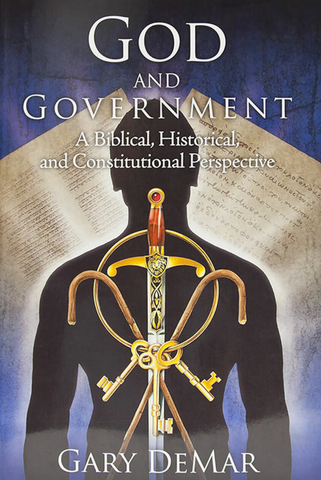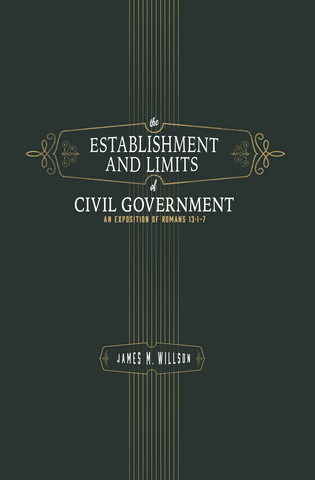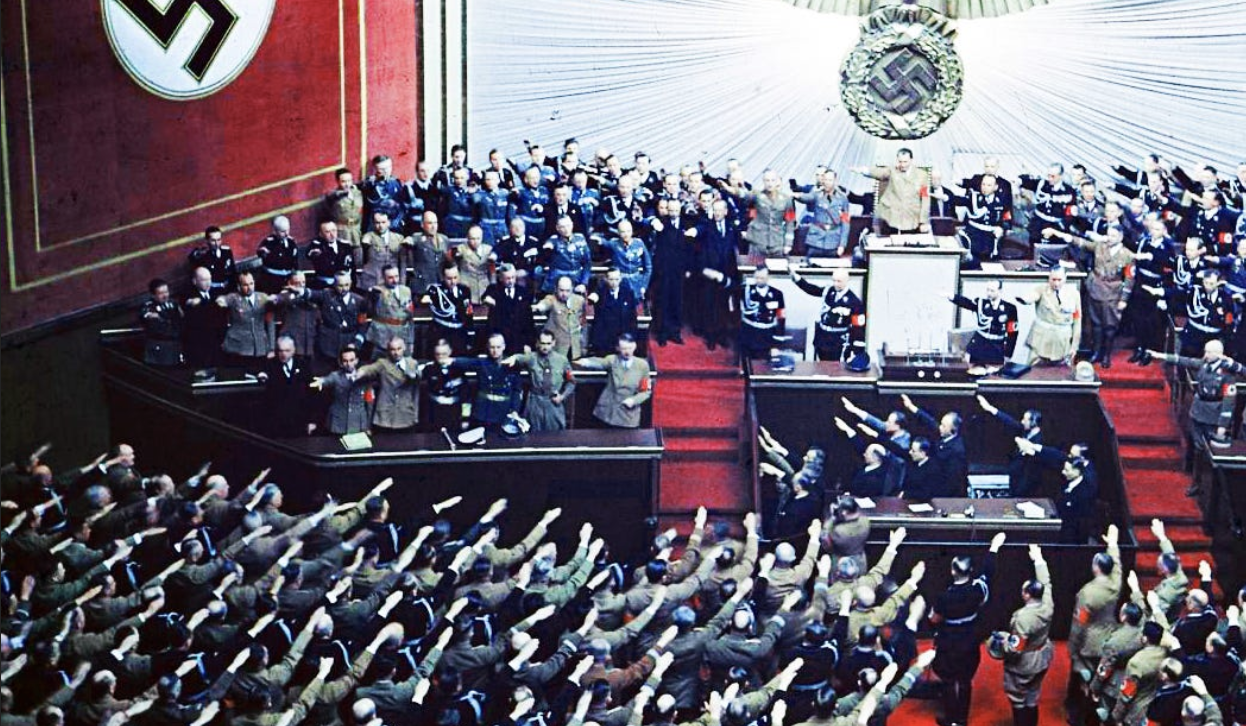During an interview on February 16th with Secretary of State Marco Rubio, CBS’s “Face the Nation” anchor Margaret Brennan said that Nazis “weaponized” free speech to conduct the Holocaust. Rubio was incredulous at Brennan’s ignorance of history: “There was no free speech in Nazi Germany. There was none. There was also no opposition in Nazi Germany, they were a sole and only party that governed that country.” As an aside, let’s remember that the media, social networks, military, employers, and our own government suppressed free speech during the COVID crisis (or scam).
When Martin Niemoeller used his pulpit to expose Adolf Hitler’s radical politics, “He knew Nazi spies and secret agents reported every word spoken.”[1] Leo Stein’s book I Was in Hell with Niemoeller describes how the Gestapo gathered evidence against Niemoeller:
Now, the charge against Niemoeller was based entirely on his sermons, which the Gestapo agents had taken down stenographically. But in none of his sermons did Pastor Niemoeller exhort his congregation to overthrow the Nazi regime. He merely raised his voice against some of the Nazi policies, particularly the policy directed against the Church. He had even refrained from criticizing the Nazi government itself or any of its personnel. Under the former government his sermons would have been construed only as an exercise of the right of free speech. Now, however, written laws, no matter how explicitly they were worded, were subjected to the interpretation of the judges.[2]
In a June 27, 1937, sermon, Niemoeller made it clear to those in attendance had a sacred duty to speak out on the evils of the Nazi regime no matter what the consequences: “We have no more thought of using our own powers to escape the arm of the authorities than had the Apostles of old. No more are we ready to keep silent at man’s behest when God commands us to speak. For it is, and must remain, the case that we must obey God rather than man.”[3] He was arrested a few days later. His crime? “Abuse of the pulpit.”

God and Government
With a fresh new look, more images, an extensive subject and scripture index, and an updated bibliography, God and Government is ready to prepare a whole new generation to take on the political and religious battles confronting Christians today. May it be used in a new awakening of Christians in America—not just to inform minds, but to stimulate action and secure a better tomorrow for our posterity.
Buy NowThe “Special Courts” set up by the Nazis made claims against pastors who spoke out against Hitler’s policies. Niemoeller was not the only one singled out by the Gestapo. “Some 807 other pastors and leading laymen of the ‘Confessional Church’ were arrested in 1937, and hundreds more in the next couple of years.”[4] A group of Confessional Churches in Germany, founded by Pastor Niemoeller and other Protestant ministers, drew up a proclamation to confront the political changes taking place in Germany that threatened the people “with a deadly danger. The danger lies in a new religion,” the proclamation declared. “The church has by order of its Master to see to it that in our people Christ is given the honor that is proper to the Judge of the world…. The First Commandment says ‘Thou shalt have no other gods before me.’ The new religion is a rejection of the First Commandment.”[5] Five hundred pastors who read the proclamation from their pulpits were arrested. People protesting pro-abortion policies have been arrested in the United States while pregnancy centers have been attacked and some firebombed.
Too many Christians argue that we are not to go against the government, that we are to “submit” no matter government authorities do. “It’s in the Bible,” they claim. Civil authorities are bound by the same laws as the rest of us. That’s why there is no divine right of kings in the Bible. The Hebrew midwives disobeyed an order from Pharaoh (Ex. 1:17). The prophet Nathan challenged King David to do right (2 Sam. 12). Daniel was not a revolutionary when he opposed the king’s law (Dan. 6). John the Baptist rebuked King Herod for his sexual sins (Matt. 14:3-5). Jesus called Herod a “fox” (Luke 13:32). Peter continued to preach, obeying God rather than those in authority, even though he was commanded to stop by those in charge (Acts 5:29). Paul used his Roman citizenship to challenge the Roman Empire (Acts 16:22-40; 22:25-30) and even appealed to Caesar (25:11; 28:19). Paul spent time in prison because he was seen as a threat to the Empire, even being bound by a chain (Acts 28:20)
To obey Romans 13 is to call our civil officials to uphold their oath of office, an oath that nearly all of them took by affirming “So help me God!” Once a civil ruler takes political office, he has the “power of the sword,” that is, he has civil authority and the claim of governmental legitimacy to enforce the law using civil sanctions. By not limiting the power of civil government with our voices and votes, we give a free hand to officials to act independent of any human restraint to tax our income at any level, confiscate our property, send our children to war, arrest us for manufactured crimes, and even execute us. And who gets to determine what constitutes a crime? Civil rulers alone unless they are held accountable for their actions by the electorate. But only an informed electorate is in the position to act as a brake on the unbridled power of the State.

The Establishment and Limits of the Civil Government
While many Christians might have been opposed to Nazi policies, they had been conditioned to believe they could not do anything about them. Much of their thinking is shaped by a misreading of Romans 13 and a misapplication of Matthew 22:21 where Jesus says "Render unto Caesar the things that are Caesars." As with all authority, there are limits, including limits on civil government. It might also help to realize that we do not live under Caesar. Our civil rulers took an oath to uphold the Constitution, which is the supreme law of the land. Neither the president nor the members of Congress are Caesar.
Buy NowAccording to a radio editorial some years ago, “a man’s religion and the strength of his conviction are his own personal matter” and therefore “religion should not interfere with politics.”[6] Of course, this too is an expression of humanist “neutrality” designed to silence Christians but allow for every other conceivable worldview to find expression in the public and political arenas.
Let’s apply the neutrality logic to Germany in the 1930s and 1940s. Should the churches have remained neutral because they were churches, and their denouncement of Hitler and his policies would have been fundamentally religious? In fact, this is exactly what many churches did do and for what they believed were sound theological reasons. “Religion was a private matter that concerned itself with the personal and moral development of the individual. The external order—nature, scientific knowledge, statecraft—operated on the basis of its own internal logic and discernable laws.”[7]
Christians were told they had to submit to this external order since the State was seen as the autonomous authority of the public order. The church’s sole concern was man’s spiritual life. The church followed one set of rules which were religious, while the State took a religiously “neutral” position. “The Erlangen church historian Hermann Jorda declared in 1917 that the state, the natural order of God, followed its own autonomous laws while the kingdom of God was concerned with the soul and operated separately on the basis of the morality of the gospel.”[8] It was because of this disjunction—built on the myth of neutrality—that Hitler could carry out his devilish schemes unhindered by most religious people. The “Confessional Church,” however, took a different, non-neutral, position:
[It] opposed the Nazification of the Protestant churches, rejected the Nazi racial theories and denounced the anti-Christian doctrines of Rosenberg and other Nazi leaders. In between lay the majority of Protestants, who seemed too timid to join either of the two warring groups, who sat on the fence and eventually, for the most part, landed in the arms of Hitler, accepting his authority to intervene in church affairs and obeying his commands without open protest.[9]
Those “who sat on the fence,” having fallen for the neutrality myth, supported Hitler by default. While they did not openly join with the “German Christians,” a pro-Hitler alliance of ministers and churches, their inaction “landed them in the arms of Hitler” anyway. So much for neutrality and being at peace with the world.
[1] Basil Miller, Martin Niemoeller: Hero of the Concentration Camp, 5th ed. (Grand Rapids, MI: Zondervan, 1942), 112.
[2] Leo Stein, I Was in Hell with Niemoeller (New York: Fleming H. Revell, 1942), 175.
[3] Quoted in William L. Shirer, The Rise and Fall of the Third Reich (New York: Simon and Schuster, 1960), 239.
[4] Shirer, The Rise and Fall of the Third Reich, 239.
[5] Quoted in Eugene Davidson, The Trials of the Germans: An Account of the Twenty-Two Defendants before the International Military Tribunal at Nuremberg (Columbia, MO: University of Missouri Press, [1966] 1997), 275.
[6] Heard on WGST, Atlanta, Georgia (September 12, 1986).
[7] Richard V. Pierard, “Why Did Protestants Welcome Hitler?,” Fides et Historia (North Newton, KS: The Conference on Faith and History), X:2 (Spring 1978), 13
[8] Pierard, “Why Did Protestants Welcome Hitler?,” 14.
[9] William L. Shirer, The Rise and Fall of the Third Reich (New York: Simon and Schuster, 1960), 236. Emphasis added.

